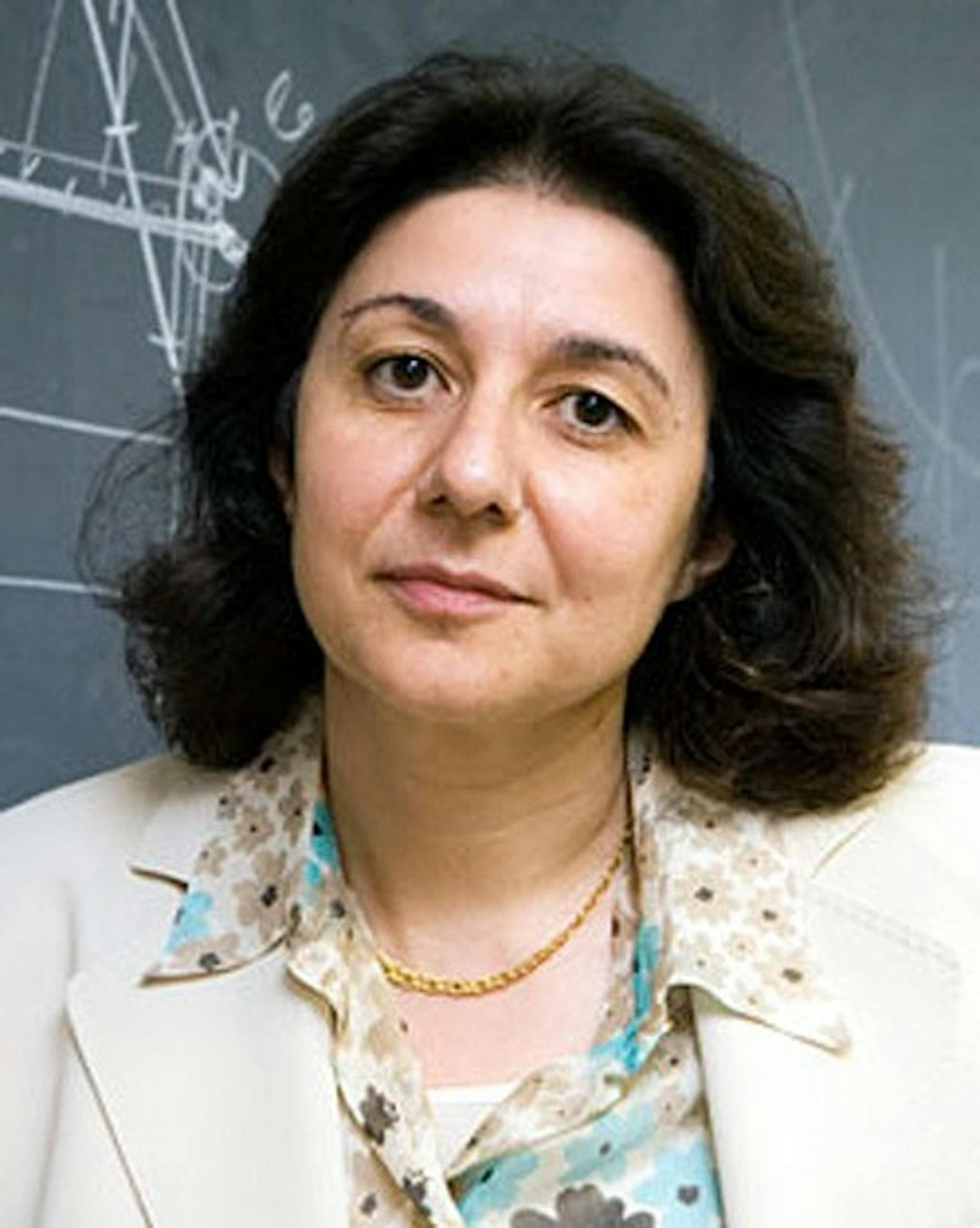The new study, Lusardi said, will seek to fill in gaps in existing U.S. economic surveys. Rather than focusing on gross levels of wealth, debt or other economic indicators, Lusardi said, the research will seek to identify the manner in which Americans manage their money " and the level of financial knowledge that informs their choices.
"We want to look at how [Americans] handle financial decisions, and how much they know about finances," Lusardi said.
In creating the survey, the U.S. is following several other developed countries that have instituted similar programs in recent years, she said. Treasury Deputy Assistant Secretary Dan Iannicola pointed specifically to a similar survey conducted in the United Kingdom in 2006.
"[Developed countries are] trying to collect information about how people handle finances, how much they do know and how well they're doing as a result," Lusardi said. "People are starting to argue that financial literacy matters."
The President's Advisory Council originally recommended that the Treasury's Office of Financial Education consult on the project in February 2008, a Dartmouth press release reported. The project is also being directed and funded by the Financial Industry Regulatory Authority Investor Education Foundation, a non-profit organization.
Recent examination of U.S. financial literacy and capability, Lusardi said, is likely tied to the "increasing financial responsibility" placed on contemporary Americans. Exploring literacy and capability has gained an added significance as financial markets have grown in complexity and policy changes have pushed consumers to make more involved economic decisions, Iannicola added.
"Over time our financial choices have outpaced our financial knowledge," Iannicola said in an email to The Dartmouth. "It is not that we know less than our parents or grandparents, it is simply that we need to know a lot more."
The survey, which will be conducted via both phone and internet, will seek to gather information at both national and state levels. The researchers will also consider how the gathered information might vary across demographic, attitidunal and literacy groups, Lusardi said.
The team hopes to reach 500 respondents in each state, a goal that Lusardi said will allow the data to be used to form more specialized policy. The team is currently drafting the survey, and expects to present its findings to the Treasury Department in 2009. Iannicola said the results will likely be helpful for both the formation of policy, and for the establishment of financial literacy education programs in the private sector.
"The results of this study will allow us to diagnose where and how adults need to add to their financial knowledge, which will in turn enable us to make sound policy recommendations on the allocation of future resources," IannicoWWla said in his e-mail.
Lusardi said her past research has repeatedly shown that Americans are uninformed about even basic economic questions.
"[Financial literacy] is important not only in terms of good financial behavior, but could be partially responsible for the mess we see in financial markets," Lusardi said, adding that some Americans may be "engaging without understanding" when it comes to issues such as contracts.
For example, Lusardi's research revealed that only 35 percent of Americans understand that consistently paying only the minimum payment off of their credit card debt will not eliminate the outstanding debt.
"We should be able to talk about financial literacy without apology," she said. "People associate illiteracy with stupidity, and nothing could be more wrong than that."
Lusardi was tapped to lead the research team by the Treasury Department and FINRA following her work in conjunction with the Treasury as an effort to develop a financial literacy test for high school students last year. Representatives from Applied Research and Consulting, the Employee Benefit Research Institute and the American Institute of Certified Public Accountants are also involved in the project.




